Stop Calling Anyone ‘Pocahontas’
Donald Trump's latest insult to Native Americans offers a teachable moment that most of America missed.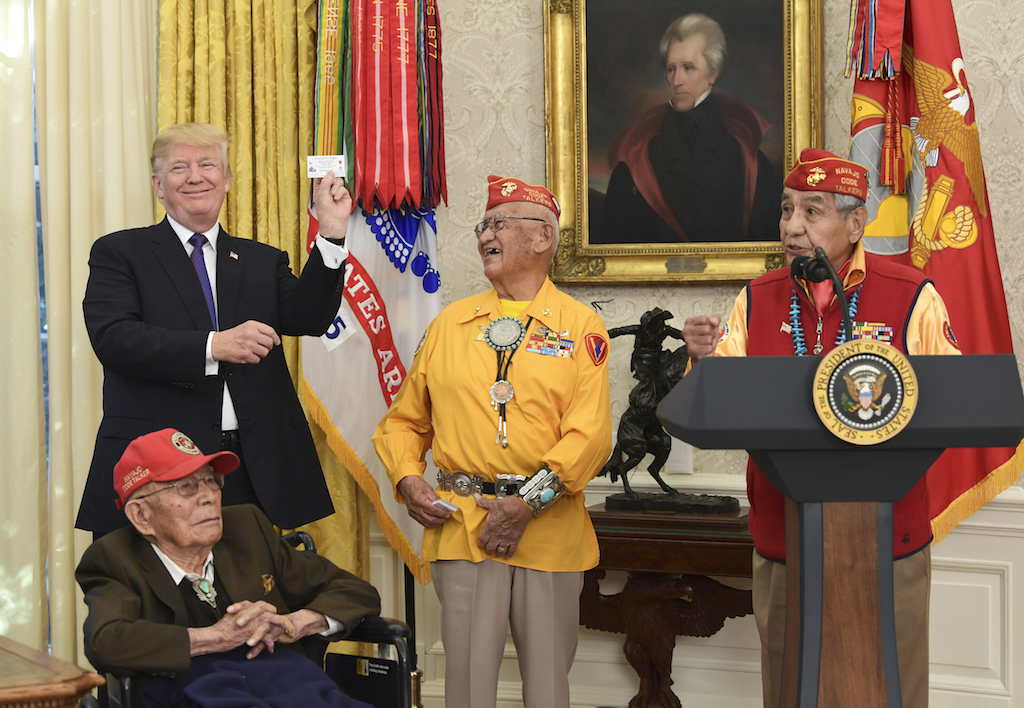 President Trump during the Oval Office ceremony at which Navajo Code Talkers Fleming Begaye Sr., seated left, Thomas Begay and Peter MacDonald were honored. (Susan Walsh / AP)
President Trump during the Oval Office ceremony at which Navajo Code Talkers Fleming Begaye Sr., seated left, Thomas Begay and Peter MacDonald were honored. (Susan Walsh / AP)
There is so much to be said of the latest Donald Trump episode, and I mean layer upon layer of unpacking. But let’s just get one thing straight: President Trump is a buffoon. He disrespected the esteemed Navajo Code Talkers at a ceremony honoring them by making a dig at one of his adversaries. He did all this by using a loaded historical reference to Pocahontas, a reference already deemed abusive to indigenous people. And that’s just the tip of the iceberg.
While much of conservative media and the Trump administration deflect the issue by pointing to Sen. Elizabeth Warren’s questionable heritage, liberal media belabor Trump’s idiocy. We should ask: What are both arguments missing, and where does the indigenous community fall in the greater conversation?
To be sure, the indigenous community is not surprised Trump would stoop this low and disrespect our Native American veterans, but just because this type of behavior is expected doesn’t make the matter less infuriating. The brave men that Donald Trump dishonored are our elders, and any affront to our elders is a matter we take very seriously. What is more, though, is that as much as indigenous people honor and learn from our elders, we also honor and learn from history, and history has made it very clear: Trump and his administration do not give a damn about indigenous communities.
Decades ago, in fact, Donald Trump showed Native Americans where he stood on indigenous issues when protesting against the tribal nations involved in gaming on the East Coast. These tribes were his competition. From the ongoing Pocahontas mockeries, to the display of a painting of President Andrew Jackson in the White House and the fast-tracking of oil infrastructure through indigenous homelands, Native Americans know who Donald Trump is: a greedy, narcissistic fool, and perhaps even a white supremacist.
Donald Trump is the stuff of cold-blooded Columbus and arrogant Custer—complete with armies of white apologists trailing behind him.
But there is much more to this Trump insult than a pattern of buffoonery or mistreatment of indigenous peoples that must be explored. The fallout of this entire debacle is as worthy of dissecting as the incident itself. Unfortunately, media and consumers of media alike have a propensity for the sensational. News is hot, and then it’s not. The issue disappears and the most substantive lessons are lost.
And when it comes to Native American communities and our scant representation in mainstream media, the issues and struggles remain long after our flash of superficial acknowledgement. By and large, the mainstream media ignore indigenous people. Our representation in public education is abusive, sparse and inaccurate. We are afterthoughts, at best, in American politics. As a result of widespread misrepresentation and underrepresentation of indigenous peoples in American society, Native American educators, journalists, artists and thought leaders are often left to make up for the shortcomings of public education and media.
Moments after Trump’s disrespect of the Code Talkers hit the airwaves, indigenous Twitter and Facebook broke out in condemnation and discourse. But indigenous people weren’t just responding with outrage. They were teaching the masses, yet again.
Cherokee scholar Dr. Adrienne Keene pointed to the greater absence of indigenous people in American narratives. “If this Trump/Pocahontas thing is the first time you’ve Tweeted about Native peoples this #NativeAmericanHeritageMonth (or ever) … just think on that for a minute,” Keene wrote on Twitter.
In case you missed it, November is Native American Heritage Month. This month, Native American social media users have ramped up their efforts to educate and push back against all forms of misrepresentation and underrepresentation. Many Native Americans took it upon themselves to share daily stories of past and present Native American figures in honor of Native American Heritage Month, which President George H. W. Bush first declared in 1990. Yes, 1990. That long ago.
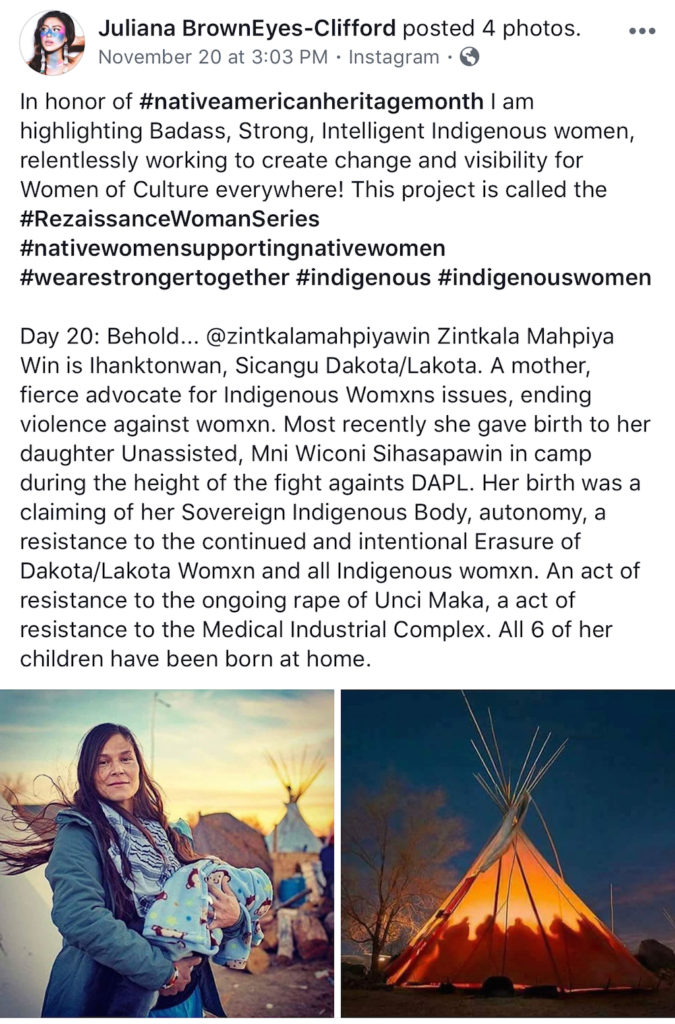
But the miseducation of the American public, specifically relating to Pocahontas, has been lambasted over and over—by indigenous people, in college classrooms, and in brilliant op-eds and articles. And yet indigenous voices are not being heard on the matter.
“The true story of Pocahontas is a tale of tragedy and heartbreak,” wrote Akwesasne Mohawk journalist Vincent Schilling in an Indian Country Today Media Network article. Schilling goes on to unpack the myth of Pocahontas promulgated by the Disney film.
“Self-respecting Natives know Pocahontas, whose real name was Matoaka, couldn’t have been more than eleven when she supposedly saved John Smith,” writes Terese Mailhot of the Seabird Island First Nation. “Also, she was abducted.”
It is a matter of fact that Disney’s “Pocahontas” distorts history and sexualizes Native American girls and women with the maturation of Pocahontas in the film. Native American women already have endured centuries of sexualization and today represent the demographic most likely to be raped, with one in three Native American women being sexually assaulted in their lifetime. Disney’s “Pocahontas” only exacerbated the problem.
Earlier this month, hip-hop artist Nicki Minaj outraged indigenous social media users after she posted an explicit photoshopped image of herself as Pocahontas. Indigenous people railed against her sexualization of Pocahontas and her ignorance of the grim realities that Native American women face.
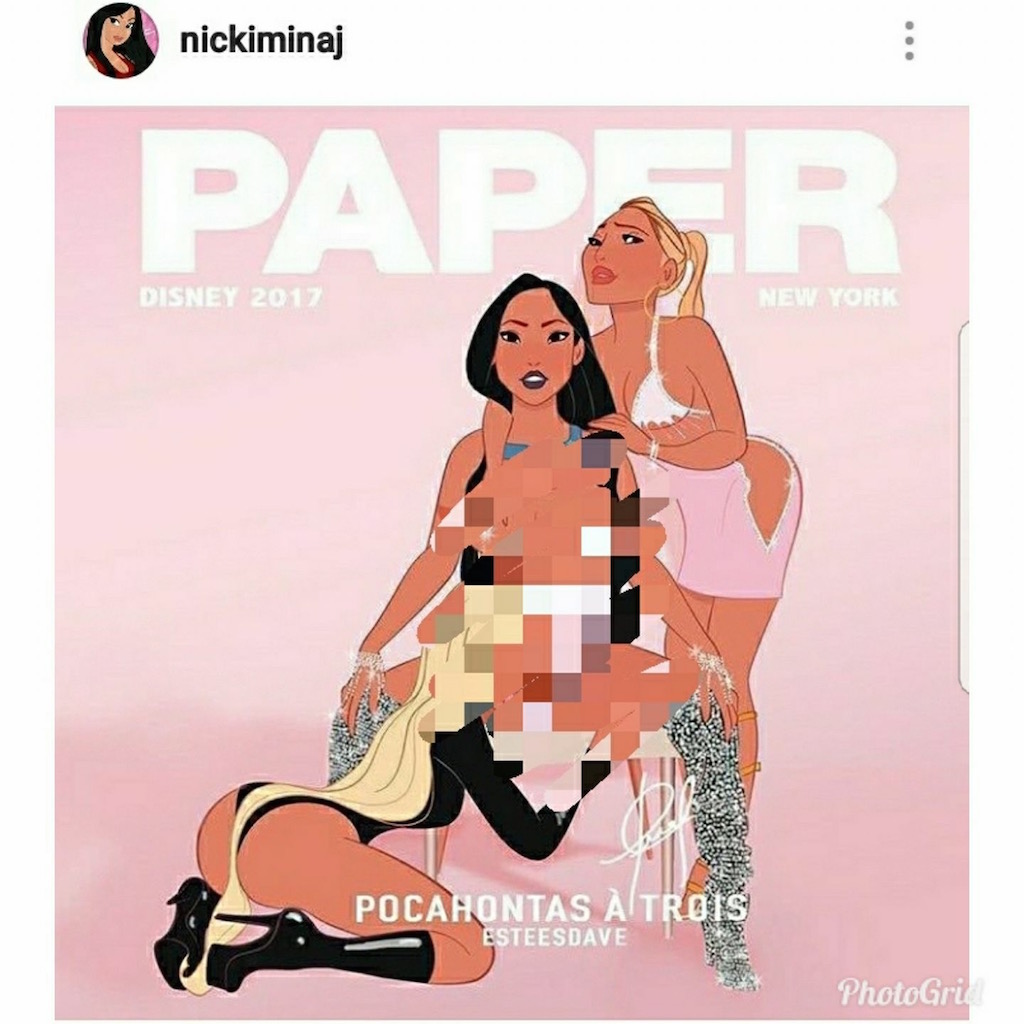
Obviously, the Pocahontas myth and the Pocahontas reference are matters that indigenous people continue to address, over and over again, and America needs to hurry up and get it right: What you think you know about Pocahontas is not only wrong, but continued misuse of her name, or even her Disney likeness, is rooted in demeaning stereotypes, whitewashing and racism that work to maintain the dehumanization and erasure of indigenous people. We have real stories and real issues. Learn about them. Talk about them.
While Trump obviously used the Pocahontas reference as a slur, the name has also been used by well-meaning, although ignorant, Americans as a compliment to Native American women. After all, Disney’s “Pocahontas” was beautiful and a cartoon rendering of a real indigenous woman’s face. But to be reduced to a stereotype—and a sexualized stereotype at that—is not the height of compliment. It’s the opposite.
Are you listening, America?
Stop calling anyone Pocahontas. And if you are going to speak of her at all, tell her real story. Call her Matoaka, her real name.
While you’re at it, tell the real story of Navajo Code Talkers and of the countless Native American veterans who served in World Wars I and II—and in every American conflict thereafter.
Tell the story of genocidal Christopher Columbus, and learn the truth behind the white-supremacist Doctrine of Discovery that laid the foundation for the colonization of the Americas.
Learn about Andrew Jackson and his treatment of Indians. In fact, learn about all the past presidents’ treatment of Indians.
Learn about treaties—the supreme law of the land—and boarding schools, and pipelines, and indigenous political prisoners.
Is the point clear?
American media and American education are failing indigenous people, and the whole of American society, by lying by omission in American history books and by distorting history to fit the myth of American exceptionalism. The fallout of Donald Trump’s latest antics only makes this point that much more clear.
This discourse, right here and now, is valuable. But we cannot stop here. Conversations about indigenous issues must become more common. Indigenous people and indigenous voices must be regular features of national conversations and they must be daily—not just in the month of November, and not just in moments of relevance to the media’s coverage of our disrespectful president.
Mark Trahant, a Shoshone-Bannock journalist and University of North Dakota journalism professor, articulates this point well in his latest blog: “There are so many critical (Native American) stories worth writing about now, such as the tens of thousands of Native children who will lose health insurance soon unless Congress acts.”
Are you really that outraged about Trump’s treatment of indigenous people? There is so much more to be outraged about, not just when it comes to Trump’s treatment of indigenous people, but education’s treatment, and media’s treatment, and virtually every American institution’s treatment of indigenous people. Think on that, and if you do care that much, be a part of the solution.
Happy Native American Heritage Month.
Your support is crucial…With an uncertain future and a new administration casting doubt on press freedoms, the danger is clear: The truth is at risk.
Now is the time to give. Your tax-deductible support allows us to dig deeper, delivering fearless investigative reporting and analysis that exposes what’s really happening — without compromise.
Stand with our courageous journalists. Donate today to protect a free press, uphold democracy and unearth untold stories.

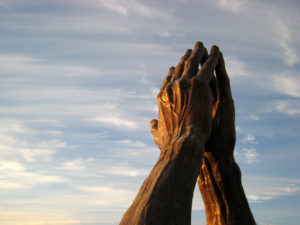
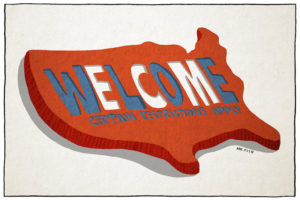
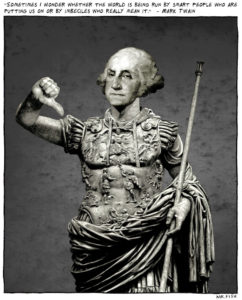

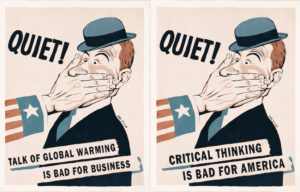


You need to be a supporter to comment.
There are currently no responses to this article.
Be the first to respond.